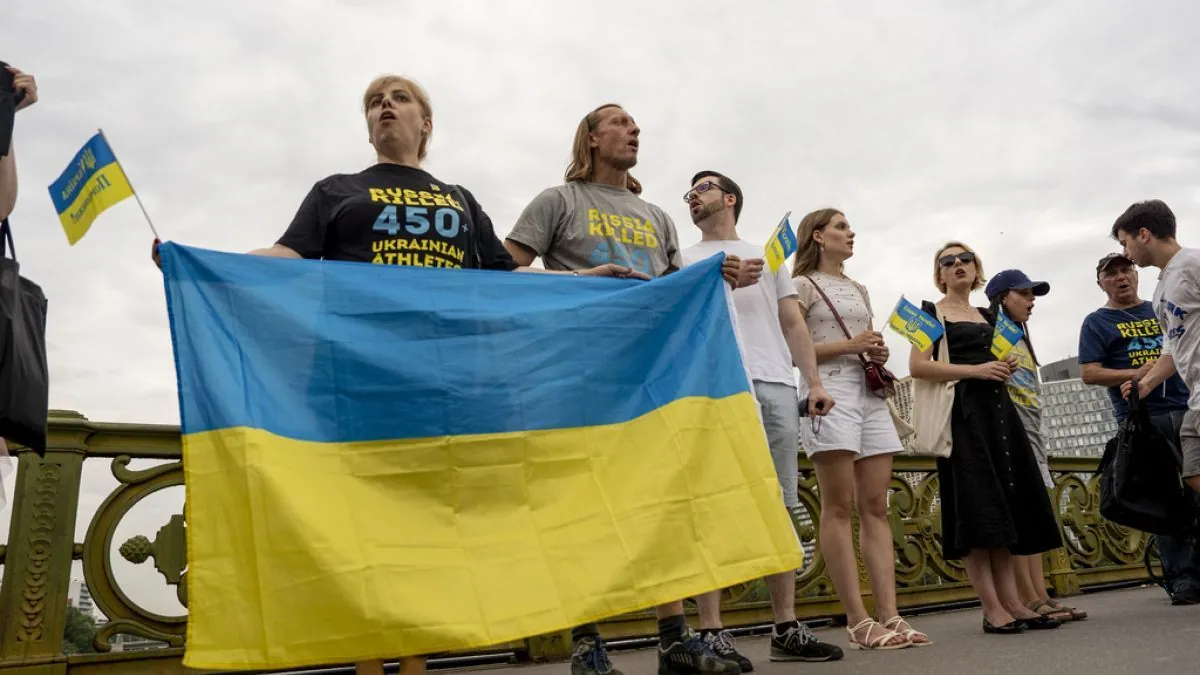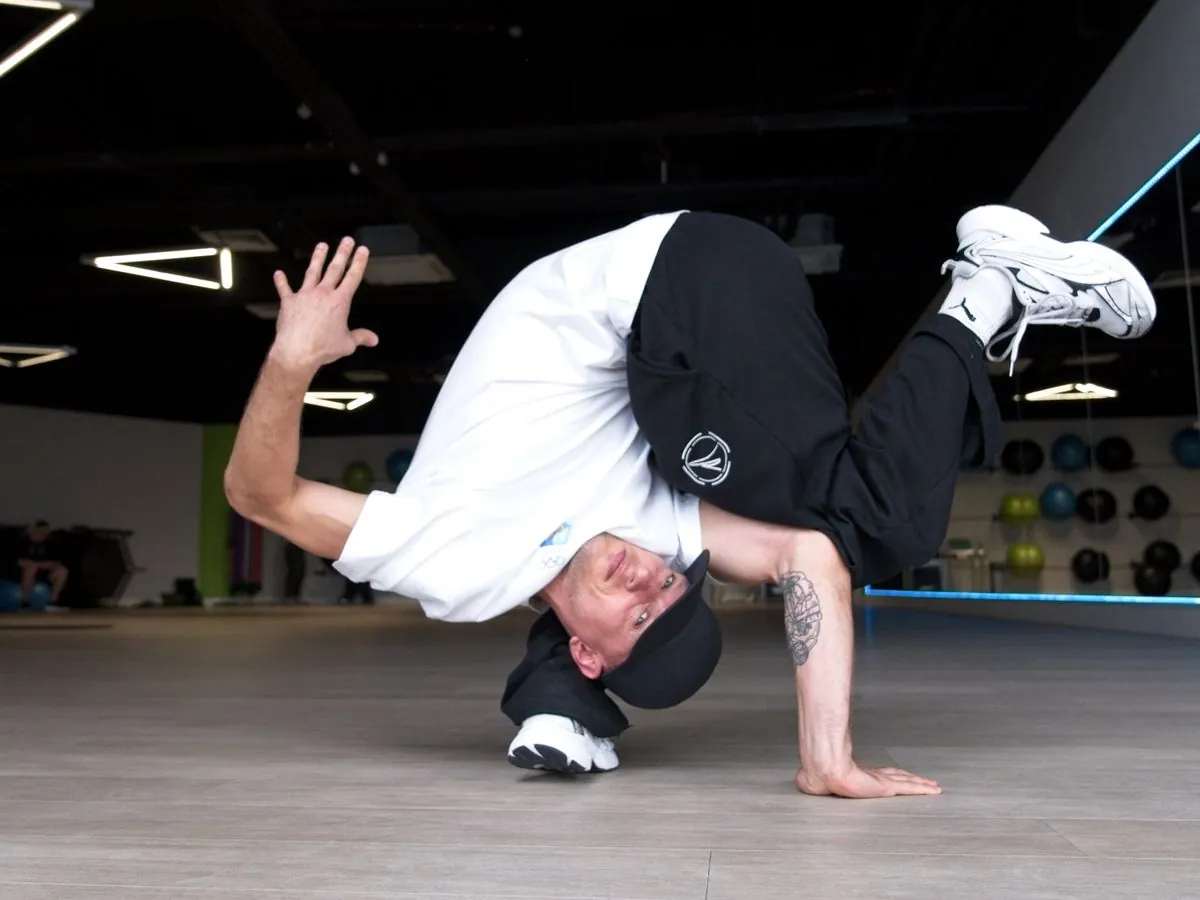Ukrainian Breakdancer Overcomes War Trauma to Compete in Paris Olympics
Kateryna Pavlenko, a Ukrainian breakdancer, triumphs over war-induced challenges to qualify for the 2024 Paris Olympics. Her journey reflects the resilience of Ukrainian athletes amid ongoing conflict.

In a remarkable display of resilience, Kateryna Pavlenko, a Ukrainian breakdancer, has overcome significant obstacles to secure her place in the 2024 Paris Olympics. Her journey exemplifies the challenges faced by Ukrainian athletes amidst the ongoing conflict with Russia.
Pavlenko, known professionally as "B-girl Kate," relocated to Los Angeles shortly before Russia's full-scale invasion of Ukraine in 2022. The term "B-girl" originates from "B-boy," coined by DJ Kool Herc in 1969, reflecting the rich history of breaking culture. As news of the invasion reached her, Pavlenko's training regimen for the Olympics faltered.
The athlete's personal struggles mirrored those of her nation. Her mother fled their home in Kharkiv, Ukraine's second-largest city, as Russian forces advanced. Tragically, during her grandfather's burial, a Russian rocket attack on the cemetery left her grandmother severely injured, requiring 70 stitches.
"I couldn't sleep. I couldn't do anything. My heartbeat was super-crazy. I had to take pills to calm myself down. ... I don't even remember that year."
Pavlenko's recovery began in late 2022, coinciding with Ukraine's efforts to reclaim occupied territories. She resumed training in Los Angeles, working on her moves in garages with fellow breakers and exercising at the gym. Her goal was to secure one of the 16 spots available for women in the Olympic breaking competition.
Breaking, which originated in the 1970s in the Bronx, New York, makes its Olympic debut in Paris. This historic inclusion marks a significant milestone for the sport, although it is not currently scheduled for the 2028 Los Angeles Olympics.

The challenges faced by Ukrainian athletes extend beyond Pavlenko's experience. Six potential Olympic qualifiers lost their lives in the war, their memory preserved through an AI-generated video titled "The Revived." This poignant tribute underscores the human cost of the conflict.
Despite these hardships, Ukrainian athletes have demonstrated exceptional performance at the Paris Olympics, securing 11 medals, including golds in women's saber fencing, high jump, and men's boxing. These achievements are particularly noteworthy given that Ukraine has only participated in the Summer Olympics since 1996.
Olha Kharlan, who led the Ukrainian women's saber fencing team to gold, expressed the emotional weight carried by her compatriots: "Some athletes lost someone, some are on the front lines, we have some athletes who died in the war and can't be here. Of course it's difficult stuff, on the heart and soul."
The resilience of Ukrainian athletes like Pavlenko and Kharlan serves as a powerful testament to the human spirit. Their presence at the Olympics brings moments of joy to a nation grappling with ongoing conflict, embodying the ancient Greek tradition of the Olympic truce, which dates back to the 9th century BC.
As Pavlenko prepares to showcase her skills in breaking, her journey from war-torn Ukraine to the Olympic stage in Paris stands as a symbol of hope and determination. Her story, along with those of her fellow Ukrainian athletes, reminds us of the power of sport to inspire and unite even in the face of adversity.


































